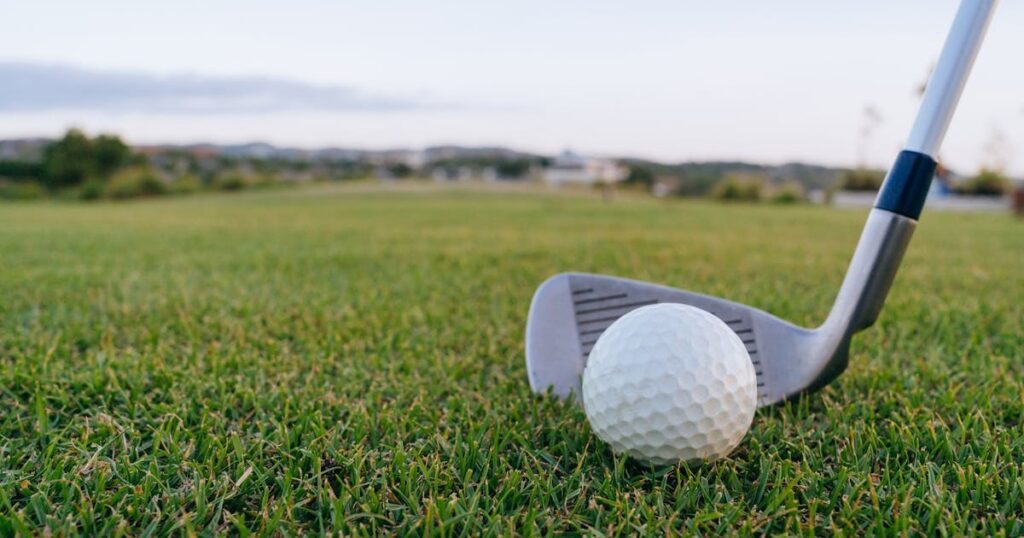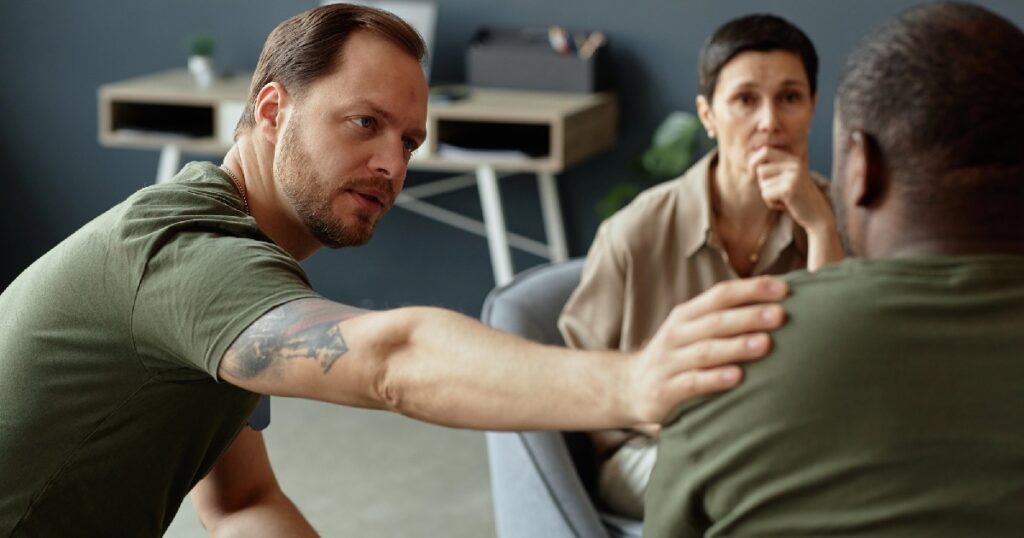Nearly 3 million Americans took ecstasy in 2020. That’s almost double the entire population of Phoenix, Arizona, and sixty times more than the population of Prescott.
That’s a lot of people. Let’s be clear – not all of them have an ecstasy addiction. Some of them only took ecstasy one time at a party and never tried it again. For some, it might’ve become a tradition on nights out with friends. For others, it became a significant fixture of their life, causing withdrawal symptoms, cravings, and a persistent feeling that they couldn’t be happy without ecstasy.
It’s the last group of people who could benefit from ecstasy addiction treatment. Does that sound familiar to you? Maybe it reminds you of your child, a friend, or maybe even yourself.
Wolf Creek Recovery is here for you. We offer the ecstasy addiction treatment that will empower you to take your life back.
What We Treat: Ecstasy Addiction
It isn’t uncommon for ecstasy, also known as “Molly”, to appear whenever young people intend to “get a little wild.” It’s used most often at clubs and concerts, and there’s an attitude that it’s just “fun.” To be fair, in the grand scheme of addiction research, there isn’t much on ecstasy. But make no mistake – ecstasy addiction is real, and it can have serious consequences.
Since you’re here, you probably don’t need us to tell you that. Maybe it’s your loved one taking ecstasy, and you’re concerned about their health and the strain it’s putting on your relationship. Maybe it’s you, and you feel so much worse when you aren’t taking ecstasy now than you ever did before you tried it for the first time.
Those experiences are very real results of chronic ecstasy use. If you relate to them, we hope you’ll let us help.
How We Treat: What to Expect From Ecstasy Addiction Treatment at Wolf Creek
Our partial hospitalization program (PHP) is the core of what we do at Wolf Creek Recovery. When you come to us for care, we’ll set you up with a place to stay during treatment. You’ll come to our facility during the day for various therapies and activities to set you on the road to recovery, then return to the housing we provide at night. You’ll have a safe environment to recover in without losing too much of your freedom. You’ll also address every aspect of your ecstasy addiction – including any mental health conditions that might be driving it.
Some of the activities you’ll be part of at Wolf Creek include:
- Rational emotive behavior therapy (REBT). You’ll challenge unproductive beliefs about negative life experiences, replacing them with more beneficial ones that change how you feel and behave for the better.
- Cognitive behavioral therapy (CBT). You’ll learn to recognize harmful thought patterns and disrupt them.
- Dialectical behavioral therapy (DBT). You’ll work through intense emotions and learn how to manage them well.
- Motivational interviewing (MI). You’ll discuss your goals and find new ways to transform your life for the better.
- Eye movement desensitization and reprocessing (EMDR). Through simple movements, you’ll start to properly process trauma, and reduce cravings.
- Outdoor adventure experiences. You’ll enjoy activities like team sports, canoeing, paddle boarding, and camping, building new relationships and skills you can carry with you for the rest of your life.
- Family therapy. Family members will learn more about one another and how they feel, discover unhealthy behaviors they’re participating in as a unit, work through unaddressed emotions and concerns, and strive toward healing together.

What Is Ecstasy? MDMA Made Worse
Ecstasy is another name for the drug MDMA – or the “watered-down” version of it. MDMA stands for 3,4-methylenedioxymethamphetamine, which is ecstasy in its “purest” form. It acts as both a stimulant and a psychedelic. Ecstasy is made illicitly, with MDMA and other ingredients to make you more likely to crave it. Sometimes, ecstasy doesn’t even have MDMA in it at all and is instead made up of substances like heroin, methamphetamine, cocaine, ketamine, cough medicine, and even rat poison.
MDMA and ecstasy are words used interchangeably, and you can’t count on MDMA being “pure” anymore, either. They’re also both Schedule I substances, meaning they aren’t approved for medical use, and it’s illegal to have them.
What Are the Effects of Ecstasy? It’s More Than Euphoria
Some people might say ecstasy got its name for a reason. The reality is that what happens in your body and brain goes far beyond pleasant feelings and surreal experiences.
Seeing the World Through New Eyes: Effects on the Brain
Ecstasy’s “high” comes from the chemical messengers in your brain (neurotransmitters) and hormones that it influences. It increases serotonin levels, which makes you feel that amazing mood. It also influences dopamine, which is the reason you feel so excitable after you’ve taken ecstasy.
Your perception of the world will likely feel different, too. Some people say it feels like their senses are heightened, and they’re more sensitive to everything. Sometimes, ecstasy causes hallucinations.
While the results of taking ecstasy don’t feel like they last that long, they can have a long-term impact on your mental health. Chronic ecstasy use can make it harder to remember and learn things. It can also cause anxiety, depression, irritability, and insomnia.

Crashing Back to Earth: Effects on the Body
Some of the physical effects of ecstasy include:
- Blurry vision
- Nausea
- Dizziness
- Loss of appetite
- Sweating
- Muscle cramps
- High body temperature

Is Ecstasy Dangerous?
Yes! Ecstasy can be dangerous, especially when mixed with other substances, or if you have a heart condition. Ecstasy raises body temperature, and it can do so to levels that cause organ failure, especially if you’re taking it somewhere that’s already hot. Deaths from ecstasy alone are rare, but the long-term effects of chronic ecstasy use can be painful, both physically and otherwise. You also always run the chance of street drugs being contaminated with fentanyl, an incredibly dangerous opioid.
How to Spot a Substance Use Disorder: Signs of Ecstasy Addiction
If you’re using ecstasy and wondering if you have a substance use disorder, it’s time to answer some questions. Do you crave ecstasy when you aren’t taking it? Do you feel unwell once the effects wear off? Is it negatively impacting your relationships and health? Do you continue taking ecstasy despite seeing the consequences of it in your life? If you answered yes to any of these questions, you may very well have an ecstasy addiction.
If you’re reading this with someone you love in mind, there are some questions you can think about, too. Are they staying awake for long periods of time? Are they sensitive to light and sound a lot? Are they uncharacteristically energetic, empathetic, and friendly? Are they extra impulsive? Are they secretive about what they’re doing and who they’re with? If you answered yes to these, it might be time to talk to your loved one about their relationship with ecstasy and encourage them to seek treatment.
Ecstasy Addiction Treatment at Wolf Creek Recovery
Ecstasy isn’t just a “fun” party drug. It can take a serious toll on your health and relationships. You don’t need ecstasy to enjoy your life. Most of our staff is in recovery from substance use disorders too, so we know that’s hard to believe, and that quitting is easier said than done. We hope you’ll contact us so we can share the joy of recovery with you.
Wolf Creek Recovery, located in beautiful Prescott, Arizona, is dedicated to helping people overcome substance use disorders and the mental health conditions that come alongside them. Whether this is your first time seeking treatment, or you’ve been through this many times before, we want to meet you and help you build a life you love. Call us at 833-732-8202 today.











